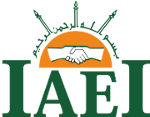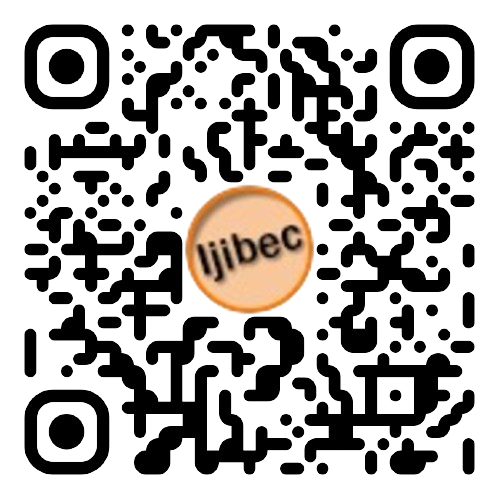Data Attribute Selection with Information Gain to Improve Credit Approval Classification Performance using K-Nearest Neighbor Algorithm
DOI:
https://doi.org/10.28918/ijibec.v1i1.882Keywords:
KNN Accuracy, Featuree Selection, Credit ApprovalAbstract
Credit is one of the modern economic behaviors. In practice, credit can be either borrowing a certain amount of money or purchasing goods with a gradual payment process and within an agreed timeframe. Economic conditions that are less supportive and high community needs make people choose to buy goods with this credit process. Unfortunately the high needs sometimes are not in line with the ability to make payments in accordance with the initial agreement. Such condition causes the payment process to be disrupted or also called the term ”bad credit”. This research uses public data of credit card dataset from UCI repository and private data that is dataset of credit approval from local banking. The information gain algorithm is used to calculate the weights of each of the attributes. From the calculation results note that all attributes have different weights. This study resulted in the conclusion that not all data attributes inCuence the classification result. Suppose attribute A1 to UCI dataset as well as loan type attribute on local dataset that has information gain weight 0 (zero). The result of classification using K−Nearest Neighbors algorithm shows that there is an increase of 7.53% for UCI dataset and 3.26% for local dataset after feature selection on both datasets.













